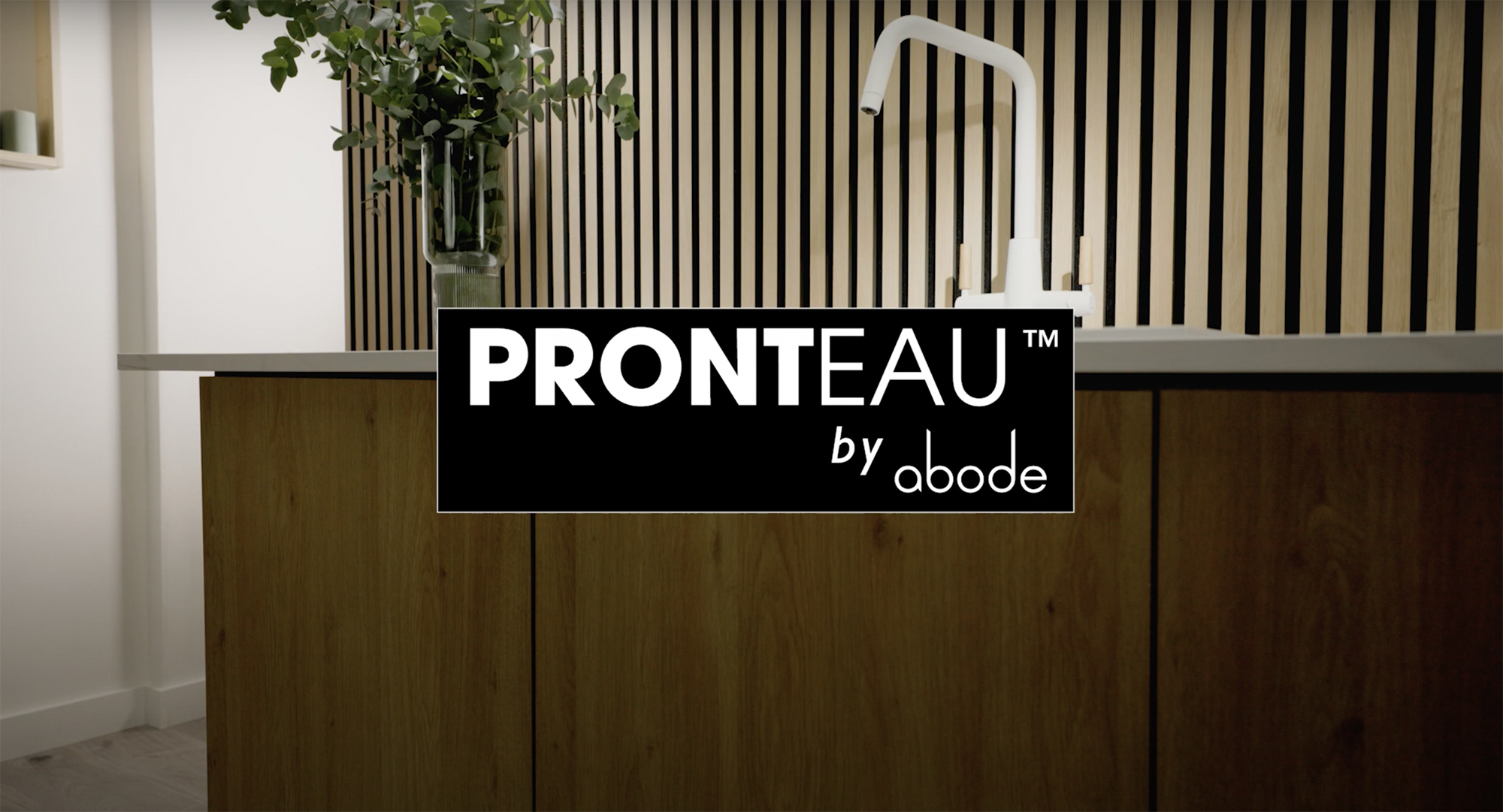Co-founder and director of HR consultancy 10 Eighty Liz Sebag-Montefiore looks at how employers can improve relationships with their employees to create a happy, productive workforce

Not just HR fluff, this is about ensuring your workforce is happy at work because an engaged workforce marks the difference between an enterprise that outperforms its competitors and one that fails to grow.
At 10Eighty we believe managers need to build empathy and understanding of the needs and interests of their team members – that’s how to ensure an employment experience that allows you attract the best and retain their services.
Sponsored Video
Survey firm Gallup found managers account for the bulk of the engagement problem.
Disengaged employees damage the organisation as they monopolise managers’ time and drive away customers.
A toxic environment at work does not encourage the team to work collaboratively, to be innovative or creative, and that impinges on productivity.
Sadly, the American Psychological Association found that 75% of respondents say their “boss is the most stressful part of their workday”; the numbers must be similar in the UK.
Gallup found one in two employees have left a job “to get away from their manager at some point in their career.”
Worse, employees with toxic bosses are more susceptible to chronic stress, depression, and anxiety; which increase the risk of lowered immune system, colds, strokes, and even heart attacks.
Making things better
Employees value connection and want to feel their contribution is recognised and valued.
This is facilitated with an employee-centred approach that enables employees to bring their best self to work. To make a start:
- Provide feedback to each team member on a regular basis, not once year, but often and in the form of an ongoing conversation to help employees learn and grow. This is NOT about micromanaging but about two-way communication and guidance.
- Provide recognition, thank people for doing a good job, celebrate success – you already know that positive reinforcement works.
- Provide information about how the enterprise is doing, corporate vision and strategy – employees want to feel involved and to feel their contribution is recognised.
Good employee relations are the essence of talent management; a strong employer brand attracts the best candidates so it’s important to ensure a positive candidate experience for all applicants and employees.
What they say about you to their networks and via social media plays into the perception of your brand in the real world.
Understanding the employee experience is critical for organisations operating in a highly competitive economy, as a strong employee experience drives a strong customer experience.



